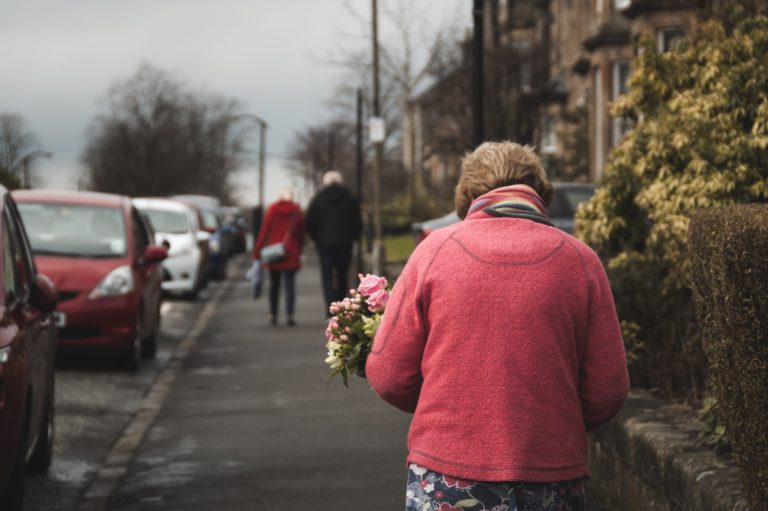How to Prove Causation in a Nursing Home Negligence or Abuse Case

To win any personal injury or wrongful death case, the plaintiff must be able to prove liability, causation, and damages. Proving causation means proving the injury or death would not have happened but for the defendant’s wrongdoing. While this is often straightforward after a car accident or slip and fall, proving causation can pose a challenge in a nursing home abuse or neglect case. This is because the victim usually has a pre-existing medical condition, which means the defendant might argue that the damages being claimed would have accrued even if the abuse or neglect did not happen.
To counter this dispute or to prevent such a dispute from arising in the first place, your Port St. Lucie nursing home abuse lawyer will review the victim’s medical records from before and after the incident. Ideally, these records will clearly demonstrate that the injuries suffered by your loved one, or the aggravation of an existing medical condition, were caused by the abuse or neglect.
If the opposing party disputes causation, it may be necessary to bring in your loved one’s treating doctor and other medical experts to provide deposition. It is important to remember, however, that the defense may have an opportunity to depose medical experts of their own, which means you want to hire a personal injury attorney that works with highly qualified and well-credentialed expert witnesses.
At Donaldson & Weston, we have extensive experience using expert witness deposition to win personal injury and wrongful death cases. We have carefully vetted our expert personal injury attorneys to ensure they have the background and specialized knowledge to provide credible testimony.
How to Prove Damages in a Nursing Home Abuse or Neglect Case
In the state of Florida, victims of nursing home abuse or neglect may be able to recover both compensatory damages and punitive damages. While all successful tort cases yield some amount of compensatory damages, which include economic and non-economic damages, most cases do not warrant punitive damages. To collect a punitive award, your attorney must make a “reasonable showing” that the evidence demonstrates the defendant acted with intentional misconduct or gross negligence.
At Donaldson & Weston, we have won numerous six- and seven-figure settlements and verdicts for our clients. We know what it takes to maximize the potential value of a nursing home abuse or negligence claim, and we make it clear from the start that we will not accept a settlement that is less than what our client deserves.
The ideal outcome of your case would be to win a fair settlement without having to file a lawsuit. The trajectory of your case will largely depend on the strength of the available evidence to prove liability, causation, and damages. Below are a few types of evidence your Port St. Lucie nursing home negligence attorney might use to prove damages:
- Videos and photos of visible injuries;
- Diagnostic imaging and other medical records;
- Deposition from a life care planner and other medical experts;
- Journal entries and real-life examples of how the incident and injuries are affecting your loved one’s wellbeing;
- Deposition from caregivers and family members of the victim; and
- The police report, eyewitness deposition, and other evidence of intentional misconduct or gross negligence—if you intend to pursue punitive damages.
Call 772-266-5555 to speak with a personal injury attorney today.
